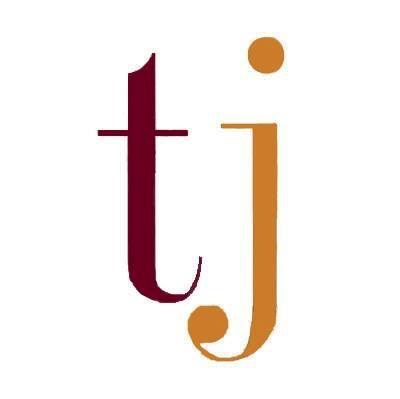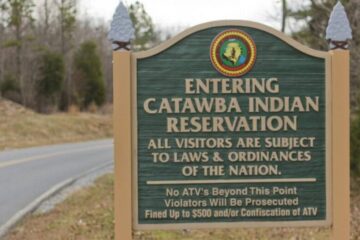This past Friday featured a lecture on spiritual quests, warriors and how collective action functions in an egalitarian society in the Amazon.
Richard Chacon, an author and associate professor of anthropology at Winthrop University, delivered a lecture titled Seeking the Headhunter’s Power: The Quest for Arutam Among the Achuar of the Ecuadorian Amazon and the Development of Ranked Societies.
“This is a talk that combines sociological theory and anthropological theory,” Chacon said at the beginning of the lecture. “This investigation will document the relationship between incipient status hierarchy…incipient, not institutionalized.”
He explained that even in these egalitarian societies, members of the population who excel in certain areas still find themselves in a position of an elevated social status. He went on to say that the lecture examined how social status is gained in an egalitarian society and how that status can facilitate collective action.
“[A young boy] is not going to have the same social status of the adults. Let’s just say for the sake of argument, [the young man pictured on the slide] is a really, really hunter: people will notice that and he will enjoy social status. Let’s say this guy is a really extraordinary warrior: people will notice that and will reward him with high social status,” Chacon said. “Now, that doesn’t mean this great warrior status will be inherited by his son…but you see how even in egalitarian societies not everybody is on the same page or status.”
Chacon explained the concept of “arutam,” which would continue to come up throughout the lecture. Arutam, according to Chacon, is a “supernatural” force that protects those who possess it from harm even to the point of invincibility. Chacon said that he knows men who “claim to possess arutam, and it has an effect on them.”
One of these men is Chacon’s friend Chuji, who he described as having attained “kakaram” status though Chacon added that Chuji “never boasts” about having achieved kakaram status. He described having kakaram status as being the mark of having killed in battle. Chacon said that Chuji’s social position “enhances his ability to coordinate the actions of others.”
“He’s a war hero. Think about how we have great respect for people who stormed the beaches at Normandy…those are war heroes,” Chacon said. “[Chuji] is a war hero. He’s treated with great deference…he’s not a sociopathic killer. He’s a war hero.”
Chacon described arutam as a supernatural force that comes to seekers in a dream. Chacon described attaining arutam as a grueling process, an “ordeal” wherein men will go out away from the village for three to five days and not eat or drink anything aside from “tsaan” which is native tobacco mixed with enough water from the river make a “sludge.” Chacon emphasized that it is imperative that arutam-seekers not get sick from ingesting the tsaan. Those who seek arutam will ask for it, look for signs of it and engage in ritual chants.
Chacon said that in the middle of the night back in the 1990s, an intruder was spotted in the village holding a shotgun outside of a hut that the village shaman was in. This intrusion came on the heels of potentially violent tension with another village. An alarm was raised and the entire village fled to one centralized area in the village. In the midst of the chaos and “pandemonium,” Chuji took charge of the situation. Chacon said that Chuji began to yell over the noise of the panicked villagers, directing every man in the village who owned a functioning shotgun to go to their hut and return with their firearm. When the adult men returned, Chuji ordered them to team up and to go out on patrol around the village.
“Chuji’s elevated social position allowed him to be decisive and effective in coordinating an armed response,” Chacon said. “He gave orders in an egalitarian society…he barked out orders like a sergeant in an egalitarian society…they obeyed his commands without hesitation.”




